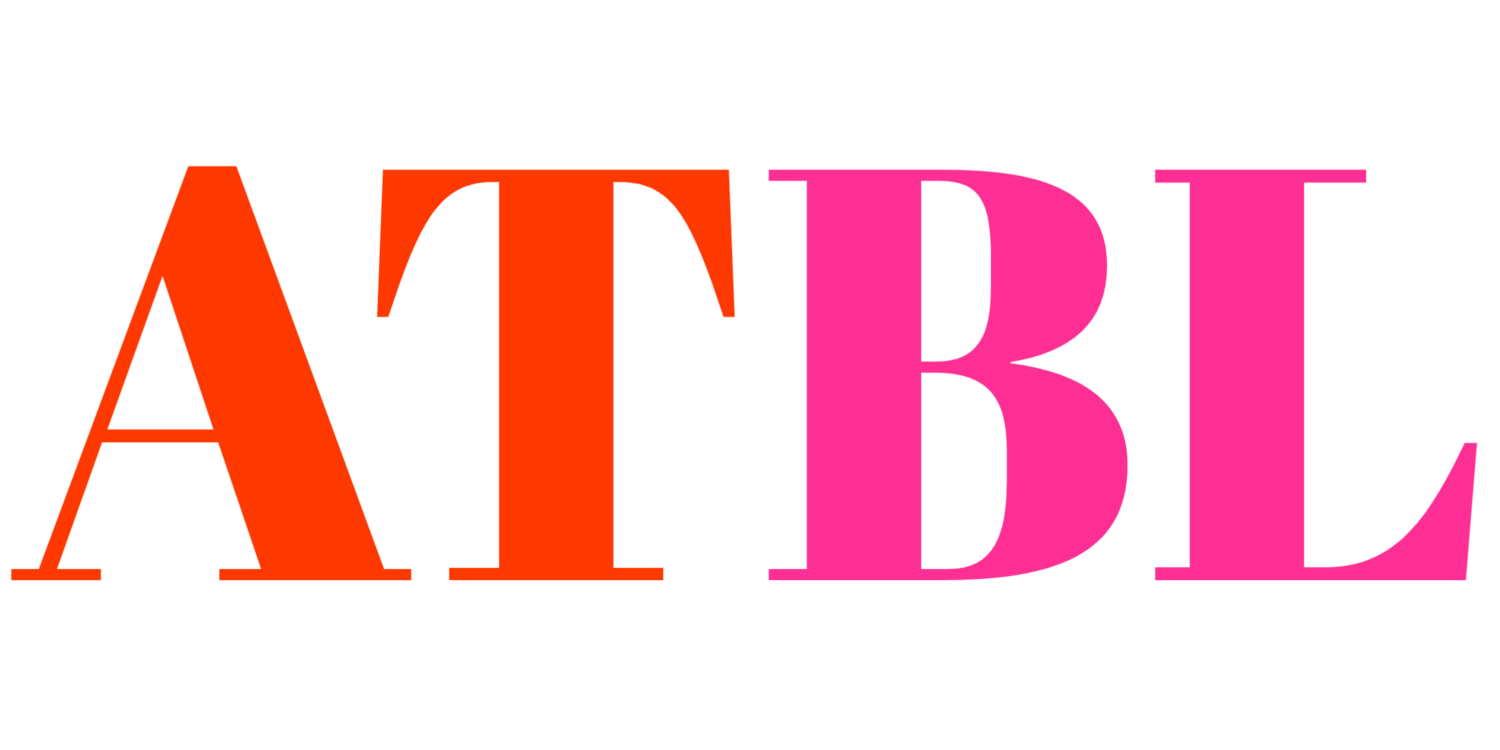Pronoun Policies: Setting an Academic Framework
This series discusses pronoun policies at the University of St Andrews. Pronoun policies have become a hot topic in discussions about gender identity and expression at academic institutions. This series uses the Actor Network Theory (ANT) to discuss the importance of pronouns in shaping the socio-material experience of students at university. Trigger Warning: This series contains a discussion of gender identity, expression, discrimination and abuse.
The series is broken into five parts; an introduction to gender pronouns and their importance, setting an academic framework, analysis in academic and non-academic environments, and critical evaluation and conclusion,
This series' analysis sections are grounded in the Actor-Network Theory (ANT) framework, drawn from the concept of socio-materiality. Socio-materiality is an investigative concept that explores the interactions of our social and material lives. ANT carries many assumptions and broader themes. However, the implications for this report are as follows:
As students and staff, the interactions we have with one another and the things around us assemble our lives.
The people and things we interact with are created by our interactions with them and them with us.
Therefore, the technologies, objects, and avenues we use to interact are crucial to our understanding of each other and our environments.
Academic literature expands upon these implications. Drawing from John Law's (2002) article Objects and Spaces, he argues that networks of relations form meaning and limitations. Law proposes that these networks are political because they determine the boundaries of meaning. In other words, systems of interactions that give objects meaning can be controversial because they decide their limits. These networks' political nature is relevant for analysing gender identity through pronouns, which is a highly political issue.
As a political issue, society accepts that gender identity is a social construct. Taking this as an example, we can apply Bruno Latour's (2005) work, which states that we are continually assembling and reassembling our realities. Each of our interactions changes the meaning of an object. Thus, the use of articles such as gender pronouns in our lives facilitates the process of assembling social objects and changing them over time.
Academic literature also recognises the complicated nature of these interactions. Wanda Orlikowski's (2007) contribution to this field describes these relations as "entanglements" which implies confusion. This series aims to parallel Orlikowski's empirical examples of Google and Blackberry with the functions of gender pronouns as a means of communication and translation, which form reality.
Using this framework requires an acceptance of theoretical assumptions. In everyday interactions, the notion of socially constructed material objects and communications can seem farfetched. However, this framework highlights the importance of gender pronouns in everyday and specific interactions that can uncomfortably alter identities.
This series views gender pronouns as objects that change their reality through interactions with people and organisations. For example, if you misgender a non-binary person; you have undermined the validity of their identity. This effect changes the perception and meaning of their identity. On a large scale, interactions using gender pronouns can significantly affect the reality and meaning of identity for the LGBTQ+ community.
As an organisation, the Student Union plays a crucial role in facilitating and constructing the students' reality in St Andrews. Students view the Union as a source of knowledge and authority on social issues affecting their peers. Through their dissemination of information, the Union is responsible for constructing identities specific to St Andrew's students. This framework shows the vital role of these relations on this issue. However, the Union could apply this framework to many other issues, such as socioeconomic and mental health perceptions in student interactions.
Research Sources
This series's data was taken from recognised representatives of students and the LGBTQ+ community. In a broader context, survey information from the National Union of Student provides insight into student experience in the UK. Specific to the LGBTQ+ community, reports from the charity Stonewall provide context for the experience of trans and non-binary students. This series draws the voice of St Andrews students from social media posts that highlight attitudes and perceptions within the organisation. Official University policies and news articles provide examples of the experience at comparable higher education institutions. The academic literature in this series surrounds ANT to form an analytical framework. This framework is used to analyse the importance of gender pronouns in the next section.
Sources
Latour, B. (2005). Reassembling the social: an introduction to actor-network-theory. Oxford: Oxford University Press.
Law, J. (2002). Objects and Spaces. Theory, Culture & Society, 19(5–6), pp.91–105.
Orlikowski, W.J. (2007). Sociomaterial Practices: Exploring Technology at Work. Organization Studies, 28(9), pp.1435–1448.
